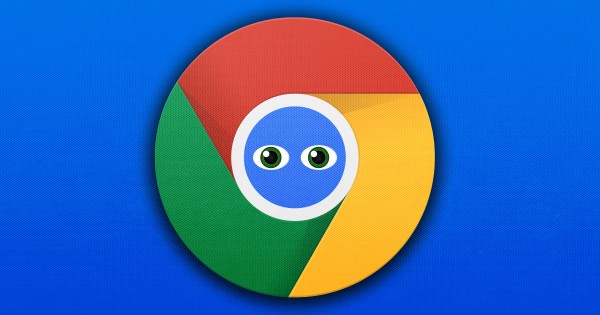Perplexity Contemplates Acquiring Google’s Chrome, Expresses Concerns Over OpenAI’s Proposal

Perplexity’s Position in Google’s Antitrust Trial
On the second day of an important antitrust trial involving Google, Perplexity, an AI startup, revealed its thoughts on potentially acquiring the Chrome browser. However, the company expressed a preference for Google to maintain ownership of this vital asset rather than see it fall into the hands of rivals like OpenAI. This raises questions about the startup’s ability to finance such a purchase.
Perplexity’s Ambition to Manage Chrome
When questioned about whether any company besides Google could effectively run the Chrome browser at scale without compromising its quality or charging users, Perplexity’s Chief Business Officer, Dmitry Shevelenko, confidently asserted, “I think we could do it.” He voiced concerns about the future of Chromium, the open-source foundation of Google’s browser, should OpenAI consider acquiring Chrome in a mandatory divestiture. OpenAI’s executive Nick Turnely had previously indicated a strong interest in Chrome if such a deal were initiated by the court.
Instead of relying on purchasing Chrome, Perplexity is planning to launch its own browser called Comet, which is being developed using the Chromium framework. Shevelenko noted that Google produces high-quality products that help foster innovation among competitors, and he emphasized the need for solutions that do not hamper Google’s ability to continue producing strong offerings.
Concerns About Google’s Competitive Practices
While acknowledging Google’s contributions to the tech industry, Shevelenko raised alarms over the company’s exclusive contracts with mobile carriers that limit competition. "There’s all the self-serving incentive to be here today and shout about how evil Google is, and I think we want to be reasonable,” he stated, suggesting that there’s a balance that needs to be struck.
Perplexity’s Interest in Larger Deals
This is not the first time Perplexity has pursued a major tech asset. The company has previously considered acquiring TikTok, which is currently facing potential bans in the U.S. due to its connections with the Chinese firm ByteDance. Shevelenko’s motivations are guided by a broader desire to enhance competition in the tech space.
Distribution Challenges in the Mobile Market
Beyond its interest in Chrome, Perplexity faces challenges regarding Google’s distribution deals with mobile phone manufacturers and carriers. During his testimony, Shevelenko explained how these agreements have effectively excluded his company from forming similar partnerships. The U.S. Justice Department is advocating for the dismantling of these agreements as part of its approach to dismantling Google’s alleged monopolistic control over search engines.
Shevelenko elaborated on the challenges Perplexity faced when trying to set its AI assistant as the default option on Android devices. This process proved complicated and required assistance from colleagues, leading to the realization that their AI assistant wasn’t operating on the same level as Google’s services—it needed to be activated manually by users.
Attempts at Partnerships with Phone Makers
Perplexity has made efforts to negotiate deals with several anonymized phone manufacturers to pre-install its AI technology as the primary search feature on devices in the U.S. Despite these initiatives, Shevelenko reported that no agreements were finalized. He attributed this to manufacturers’ hesitance to jeopardize their existing revenue relationships with Google.
In summary, Perplexity is navigating a complex landscape within the tech industry, attempting to assert its place amid the growing scrutiny on Google. Through its discussions in court, the startup is vocalizing its ambitions while also critiquing the current dynamics imposed by dominant players in the market.






